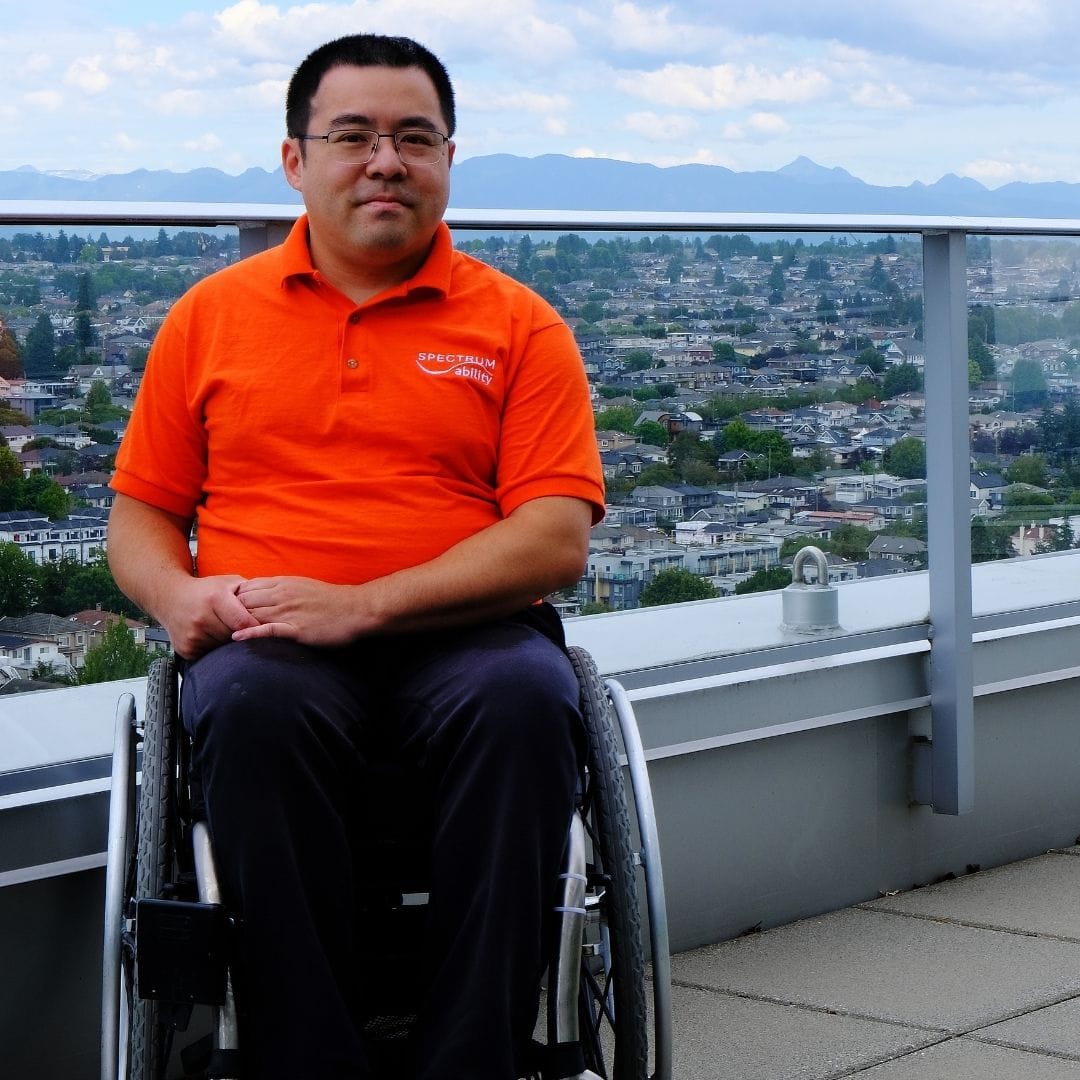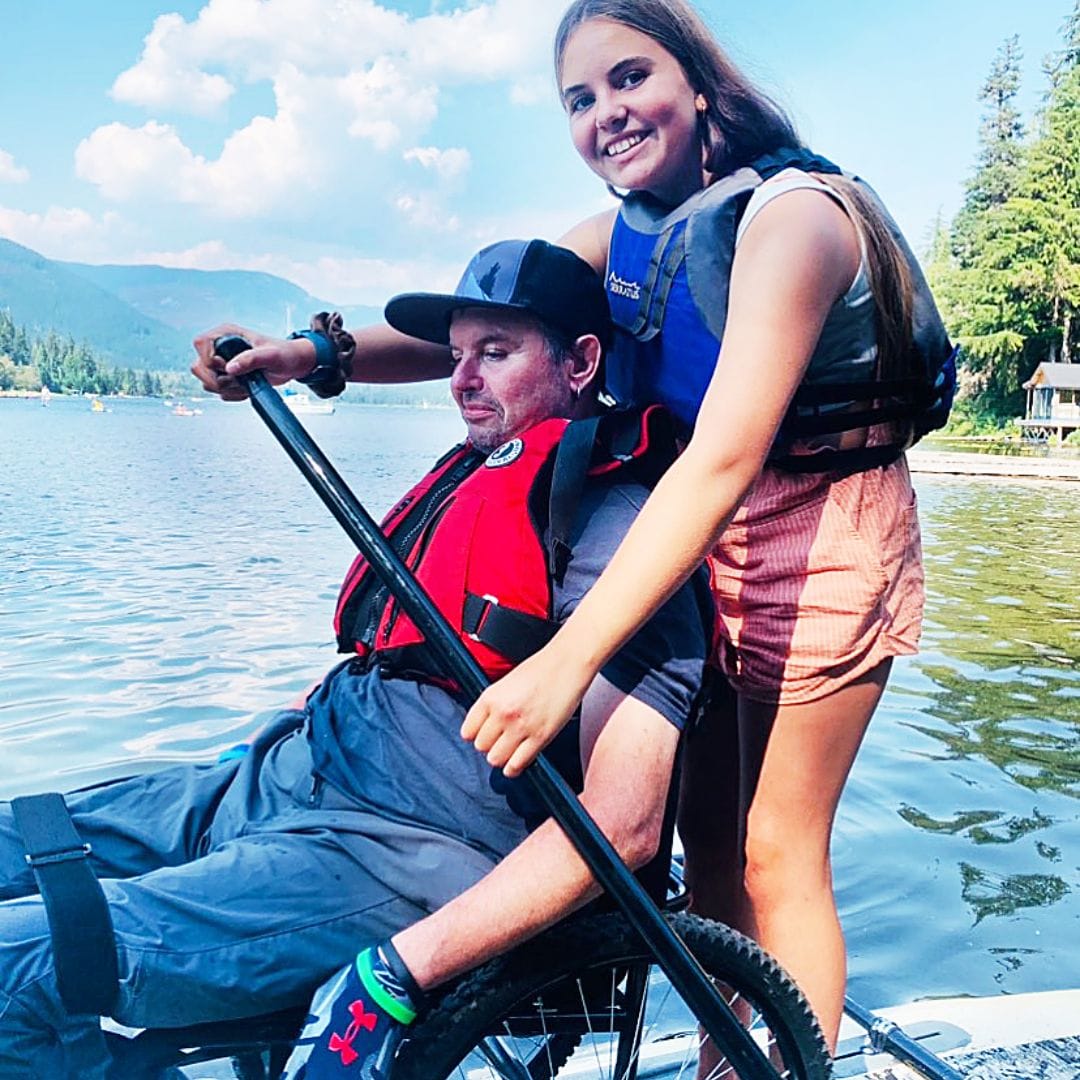As restrictions slowly start to loosen and safe travelling in BC seem more and more like a possibility this summer, you may be looking to make travel plans. Here are some tips on travelling and catheterization from our sponsors at Coloplast to help you prepare.
 COVID cases seem to be on the downward trend in most provinces and more and more Canadians continue to get vaccinated. Restrictions are slowly starting to loosen and safely travelling in British Columbia to local destinations seems more and more like a possibility this summer! You may be looking forward to taking a relaxing weekend trip to the cottage, a day trip down to the beach or even exploring nature in your area.
COVID cases seem to be on the downward trend in most provinces and more and more Canadians continue to get vaccinated. Restrictions are slowly starting to loosen and safely travelling in British Columbia to local destinations seems more and more like a possibility this summer! You may be looking forward to taking a relaxing weekend trip to the cottage, a day trip down to the beach or even exploring nature in your area.
Local travelling helps you relax, explore new attractions and sites in your region, and gets you out of your daily routine. But, leaving your home when you have to catheterize requires you to make extra preparations for your journey and stay. We at Coloplast have prepared an A-Z checklist to help you prepare and plan for that local trip this summer.
Note: Don’t forget to visit your provincial website to keep up to date with COVID restrictions before you head out! It’s important to follow the recommended travel and health guidelines.
A-Z Travel Advice:
Clothes:
- Wear your most comfortable clothes if you need to sit for an extended amount of time in a car, bus, or airplane.
- Choose something with dark colours in case of leaks.
- Select clothing that is easy for you to open or change.
- Choose accommodation with a washing machine or laundry service in case you need it.
Companion:
- If you are travelling with someone who does not know about your condition, consider letting them know.
- You might need your travelling companions understanding, flexibility, or even help during the trip.
- It might be easier to tell them in advance.
Doctor:
- Share your travel plans with your doctor or nurse well in advance!
- You may need to switch products, need special medication, or need their advice regarding some of your activities.
Food & Drinks:
- Often a change in our environment and routine can affect our digestion.
- Avoid constipation and dehydration which can worsen your bladder problems.
- Make sure to drink enough water and try to eat food that is high in fiber.
- Buy bottled water if you are not sure about the quality of water.
Restrooms:
- Check out all the places you want to visit – restaurants, shops, theaters, museums, or landmarks – to see if they have restrooms. This may be especially useful if you need one that is wheelchair accessible. You can find them on the internet or give them a call if you are in doubt.
- WheelMate App will help you find a clean, accessible restrooms and parking spots on the go. The app is free and continuously updated by users to provide an overview of the nearest public conveniences wherever you are. (Download the WheelMate App on Apple Store or Google Play.)
Schedule:
- Plan your visits to the bathroom.
- If you are heading out on a long road trip, catheterize right before your head out.
- Plan all other bathroom visits during your stay allowing time before or after an event.
- Set an alarm on your phone or watch if you worry that you might forget when it is time.
Smart Kit:
- Pack a small bag with all the things you need for catheterization of in case you have an accident.
- Ideas for what you could pack (depending on your needs):
- Catheters (always pack extra)
- Extra underwear and maybe extra pants
- Disposable gloves
- Wet wipes/ towelettes
- Antibacterial gel or hand wash
- Handheld mirror
- Plastic bags (for used accessories, used catheters, or wet garments)
- Pads – an absorbent pad or liner in case of unexpected leakage
- A bottle of water (if travelling by plane, buy this after you go through security)
- Paper towels or tissues
Additional Resources
To learn more helpful tips when travelling visit: Travel (coloplastcare.com)
View our Accessible Travel Guide.
Read Accessible Travel Stories from Peers.
Note: Content sponsored by Coloplast. This is general information. You should always follow the specific instructions provided by your local health authorities.



